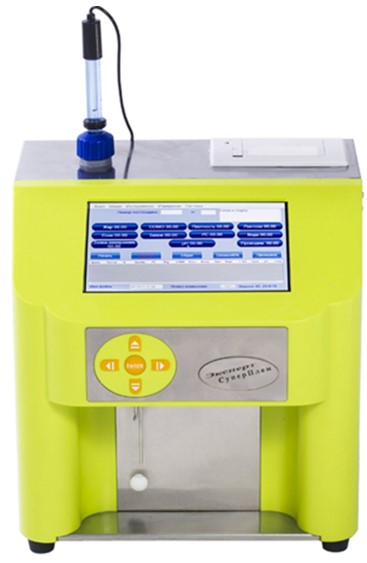Russia will develop a single universal standard for certification of eco-products
At the "Retail Week" they discussed the prospects for introducing a single eco-label for all categories of consumer goods.
The creation of a unified eco-labeling of goods was discussed at the Green Retail session as part of the 7th international forum Retail Week, which is currently taking place in Moscow. The session was organized by the League of Green Brands, a movement for the unification of Russian manufacturers, created on the initiative of Unilever and its cosmetic brand Clean Line, together with Project + 1 and Deloitte.
“Today there are more than three thousand signs of certification of ecological, bio- and organic products. The abundance of certifications does not make it easier, but complicates the choice for the consumer. Roskachestvo, in cooperation with the League of Green Brands, is starting to develop a unified standard for eco-labeling of goods, which will become an understandable navigator for consumers,” said Elena Saratseva, Deputy Head of Roskachestvo.
According to Elena Saratseva's forecasts, work on the creation of a certification standard may take about 1.5 years.
According to Ivan Kukhnin, Partner, Head of Sustainability Services at Deloitte in the CIS, attention to the environmental component is a trend that is growing every year: “55% of Russians pay attention to the label, for 27% of Russians the environmental friendliness of the product is important ”, the speaker said, referring to the study of the consumer sector in Russia in 2020.
“All global market research shows an exponential growth in sales of “green” products, this trend also exists in Russia. Compliance with the criteria of a new sustainable ethics, the development of a social and environmental component give businesses effective competitive advantages and increase the market value of the company,” said Anastasia Popova, Project Manager +1.
Business is striving to meet the new consumer ethic, paying more and more attention to environmental and social responsibility. Commercial companies provided examples of their sustainability initiatives.
“Unilever plans to increase biodegradability by 2% annually in order to reach the goal of making the formulas of all the company's cosmetic products 100% recyclable or biodegradable by 2028. Even now, this figure averages 90% for local brands (Chistaya Liniya, Lesnoy Balsam, Cherny Zhemchug, Velvet Hands). In addition, Unilever, as part of its Compass Sustainability Strategy, is investing €1 billion globally in its Clean Future strategy, aiming to replace 100% carbon derived from fossil fuels in its cleaning and laundry formulas by 2030 with carbon derived from renewable or secondary sources. The Clean Future Strategy is designed to change the principles of sustainable development of such world-famous brands as Domestos,
About the League of Green Brands
Since 2020, environmentally responsible companies have been uniting in the "League of Green Brands", the goal of which is to create clear criteria for "green" goods for manufacturers and consumers, the basis for future national eco-certification. The project was initiated by Unilever represented by the Clean Line brand with the support of the +1 communication project.
The main principles professed by the members of the "League": responsibility and openness. Among the companies and brands that have already passed the selection procedure and joined the League are Dove, Chistaya Liniya, AFK Sistema, PJSC VimpelCom, Center-Invest Bank, Domestos, Heineken, etc.
Farmers have become less optimistic about their business. Syngenta presented the next indexes of development of agricultural producers
Any organization that meets a number of criteria determined individually for each of the 12 industries can become a member of the "League". Deloitte, an intellectual partner of the League, has developed a two-phase green brand self-examination methodology that analyzes the entire life cycle of a product: from its creation to disposal. This methodology allows companies to independently determine the level of environmental friendliness and compliance with the principles of sustainable development of their products or services.




























































